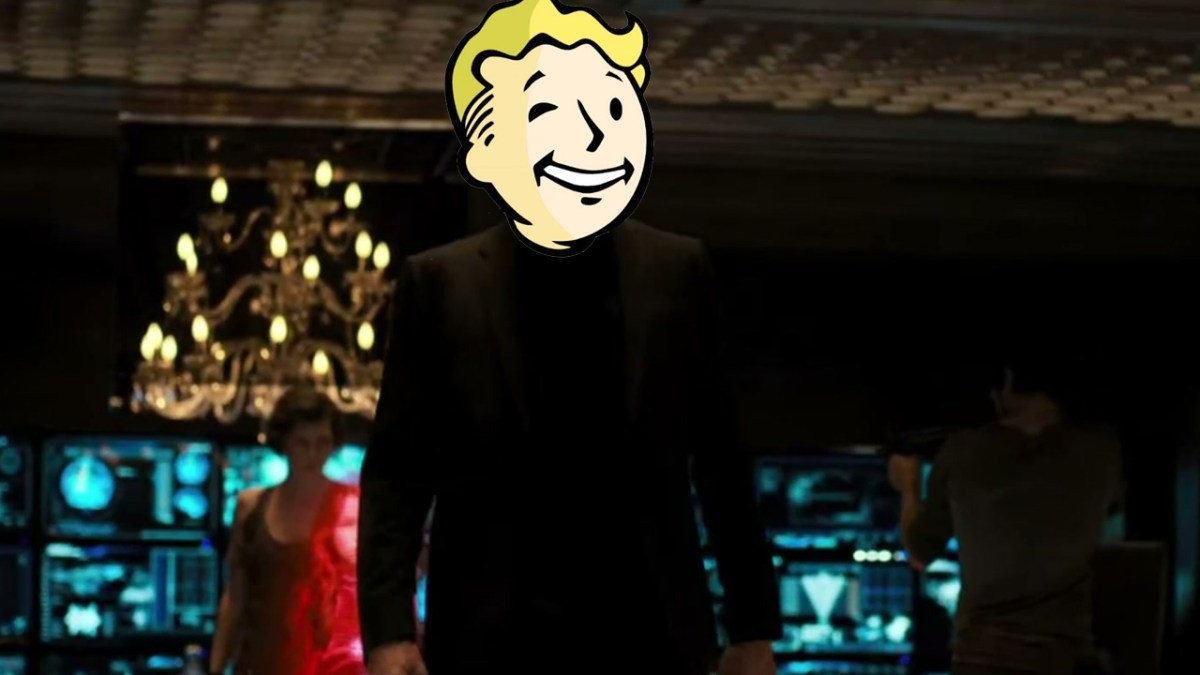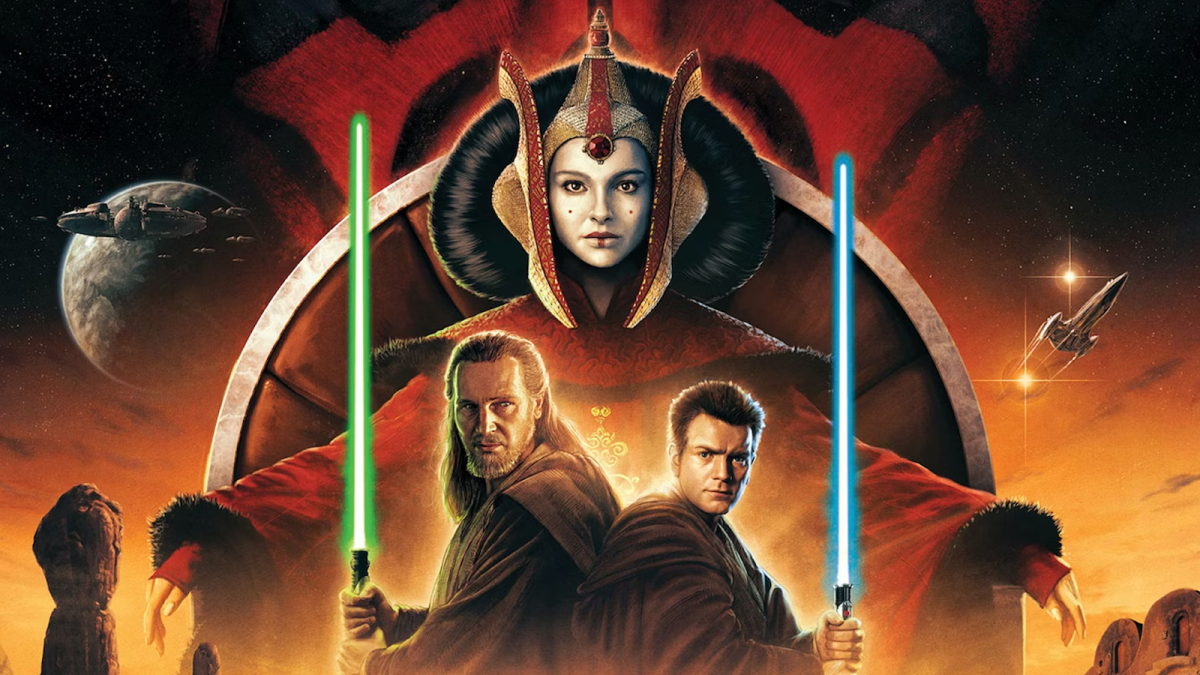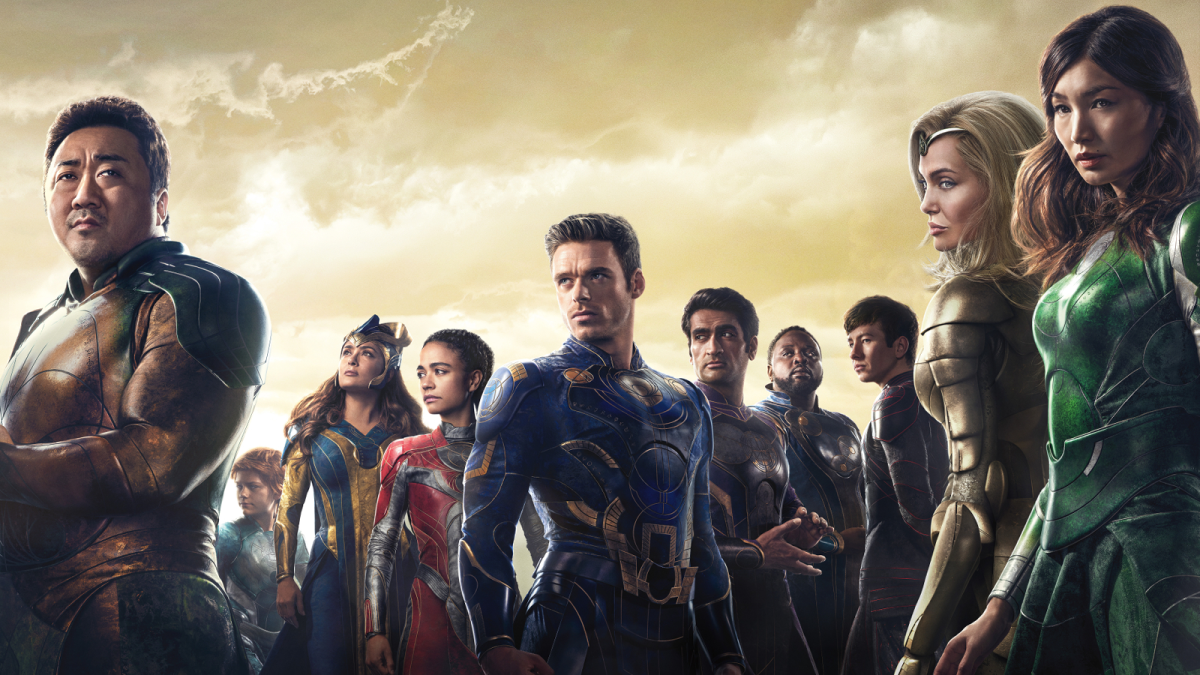Ten years after its release, Christopher Nolan’s Inception remains not only one of the best movies about filmmaking, but also one of the most incisive.
Inception has commonly been read as an allegory for film production. Nolan himself readily acknowledges the comparison. “I didn’t set out to make a movie about movies,” he admitted in an interview around the film’s release. “But what I wanted was for the dream imagery to be resonant not just to me, but on some kind of shared level. And I think naturally, as a filmmaker, I just gravitate toward cinema as the collective memory we have of imagery and symbolism.”
The characters fit this metaphor. Cobb (Leonardo DiCaprio) is the director as auteur, a visionary whose personality intrudes on the constructed narrative. Arthur (Joseph Gordon-Levitt) is the producer, who sees to Cobb’s needs. Ariadne (Ellen Page) is the writer, who builds the scenarios to realize Cobb’s vision. Eames (Tom Hardy) is the actor, a chameleon who brings the work to life. Saito (Ken Watanabe) is the studio, whose financial future depends on return on substantial investment.
Most similar interpretations of Inception approach the film as a celebration of cinema and moviemaking. After all, Nolan himself is a big proponent of cinema. He has spoken openly about his love of shooting on film and written a letter in support of the theatrical experience during this pandemic. While veteran directors like Martin Scorsese struggle to get films made in the traditional studio system, Nolan has thrived through a long association with Warner Bros.

However, there’s a curious ambivalence that permeates Inception. As much as it is a celebration and an example of cinema as a collective and collaborative artform, there’s a sense of unease that runs through the film. Inception often seems distinctly uncomfortable with the mechanics of filmmaking and storytelling. This starts with the character of Cobb, the obvious stand-in for the director himself.
If Robert Pattinson’s character in Tenet has been seen as a handsome movie star stand-in for Nolan, Leonardo DiCaprio’s Cobb bears at least a passing resemblance to the director. Like a lot of Nolan protagonists, Cobb is defined by a job that keeps him away from his children. Nolan concedes that the theme resonates with him — “There’s a desperate desire to hang on to moments as your kids grow up.”
Inception does not offer a flattering portrayal of Cobb as a director. He frequently lies to his team and leads them into dangerous situations. This portrayal of Cobb fits with certain criticisms of auteur theory. One of the more interesting debates in film culture in recent years has been around the tendency to excuse and even valorize such abuses by directors. Indeed, Ariadne repeatedly points out that Arthur is covering for Cobb, in the way that many directors have been protected.
In a more general sense, Cobb cannot stop his personality from intruding into the narrative. Although ostensibly constructing a dream for the benefit of billionaire scion Robert Fischer (Cillian Murphy), Cobb’s presence threatens to derail the whole project. It becomes impossible to experience the story as anything but a product of Cobb’s imagination. It recalls how directors can become prisms through which their films are viewed; this is particularly true of a director like Nolan.

In this context, it is notable that Cobb is haunted by a projection of his deceased wife Mal (Marion Cotillard). This projection from Cobb’s subconscious infiltrates and sabotages all his work. There is a sense in which Nolan is being somewhat self-aware. Many of Nolan’s early films hinged on the idea of a lost lover as motivation for a male protagonist — Catherine Shelby (Jorja Fox) in Memento, Julia McCullough (Piper Perabo) in The Prestige, Rachel Dawes (Maggie Gyllenhaal) in The Dark Knight.
This is a frequent source of criticism of Nolan’s work. However, it is notable that Inception seems to bring this recurring trope of the fore so as to exorcise it. Nolan’s two films that followed — The Dark Knight Rises and Interstellar — both featured more prominent and complex female characters. Although Interstellar does feature a deceased wife, the film is built around the structuring absence of a father. It dedicates considerable time to his daughter’s efforts to reconnect with him.
Inception seems to express broader anxieties and uncertainties about the art of moviemaking, particularly in the modern cinematic landscape. Inception unfolds in an aggressively hyper-capitalist near-future, where it seems like corporations have usurped the role of governments. Those companies hold the power to literally manipulate people’s dreams. In the context of a film about making movies, it is not a far cry from the increasingly monopolistic media landscape.
The characters in Inception are wary of getting trapped in nostalgic dreams. “Never recreate places from your memory,” Cobb warns Ariadne. “Always imagine new places.” The dreamers dread getting trapped in what they term “limbo,” the “unreconstructed dream space” populated by the memories of anyone sharing the dream who has been there before. The characters of Inception borrow inspiration from memories and real places, but they stitch them together in new and interesting ways.

Again, this seems like a metaphor, reflecting the anxiety over Hollywood’s ever-increasing reliance on recycled intellectual property. Again, Nolan has a somewhat complex relationship to this reality. He made The Dark Knight directly before Inception and The Dark Knight Rises directly afterwards, the only two sequels in his filmography. The success of the recycled intellectual property in Batman Begins and The Dark Knight earned Nolan the “trust” necessary to get Inception made.
The Dark Knight trilogy is great. It has been compared to the Godfather films. They manage to satisfy both as Batman films and as Nolan films. Nevertheless, there is a sense in which Nolan felt somewhat conflicted about them in a landscape increasingly dominated by superheroes and sequels. Nolan was only ever contracted for “one film at a time,” deciding to make the sequels on a case-by-case basis. He has also stated that he considers himself completely “done” with the character of Batman.
It’s this interesting push-and-pull that makes Inception so compelling, this combination of allure and unease. As much as Inception might be lauded as an “original property,” Nolan wears his influences on his sleeve. Like his characters, he borrows from memory. The big climactic action sequence is a riff on On Her Majesty’s Secret Service, a nod to Nolan’s long-stated ambition to direct a James Bond film. Even that exerts a push-pull, with Nolan acknowledging that he won’t direct one any time soon.
However, the most biting and cynical aspect of Inception is nestled at the movie’s core. Cobb and his team are constructing a narrative, but that narrative needs an audience. That audience is Robert Fischer, the heir to a massive fortune and threat to Saito Industries. The entire point of the elaborate scheme in Inception is to construct a narrative that will inspire Fischer to break up the company that his father built. To do that, Cobb and his team offer Fischer an emotional catharsis.

The characters discuss this character arc in relatively academic terms, like screenwriters trying to crack a story. They quickly latch on to the idea of a classic Campbellian arc. They aim to resolve the generational conflict between Robert and his recently deceased father, Maurice (Pete Postlethwaite). When Eames suggests playing to Robert’s rebellious impulses against his father, Cobb rejects the idea — “I think positive emotion trumps negative emotion every time.”
Over the course of the dream that Cobb constructs, Robert reconciles himself with Maurice. He dreams that his father always loved him, even when they were at odds. This reconciliation between father and son is a cornerstone of American popular cinema, most notably in the films of Steven Spielberg or in the culmination of the original Star Wars trilogy. If Cobb is an archetypal Nolan protagonist (a father looking for his kids), Robert is an archetypal Spielberg protagonist (a son looking for a father).
The only real problem with this plan to help Robert work through his issues is that none of it is true. It is all an elaborate falsification. In fact, as Ariadne points out, it involves a plot to “destroy his one positive relationship,” that with his godfather Peter Browning (Tom Berenger). The idea that Cobb imparts to Robert will fundamentally alter his life. At the very least, it leads him to disband his father’s company. Does it matter that this emotional catharsis is built on a lie? Is it still catharsis?
Inception is decidedly ambiguous on this point. The film’s closing shot has been analyzed and dissected countless times over the years, with many speculating as to whether the spinning top means that Cobb is still in a dream. In truth, the point of that sequence is to suggest that it doesn’t matter. Cobb walks away before waiting for the top to stop spinning, because he does not care whether the happy ending is a lie. It only matters that it is a happy ending.

“The way the end of that film worked, Leonardo DiCaprio’s character Cobb — he was off with his kids, he was in his own subjective reality,” Nolan explained. “He didn’t really care anymore, and that makes a statement: perhaps, all levels of reality are valid.” Still, there’s something decidedly uneasy in all of this. Nolan has been described as an “emotionless” filmmaker, but that isn’t entirely true. Nolan understands emotion but is wary of the way in which it warps reality — like gravity.
Inception is about movies, but it is also deeply anxious about movies. It understands the danger of the auteur, the nightmare of a world in which collective dreams rest in the hands of powerful conglomerates, and the way in which these narratives can sell audiences soothing lies. It looks upon the artform with awe. The film’s feelings are complex and contradictory, undermining the facile arc that Cobb serves up for Robert Fischer.
Inception understands that the barrier between dreams and nightmares is much thinner than it might appear.





